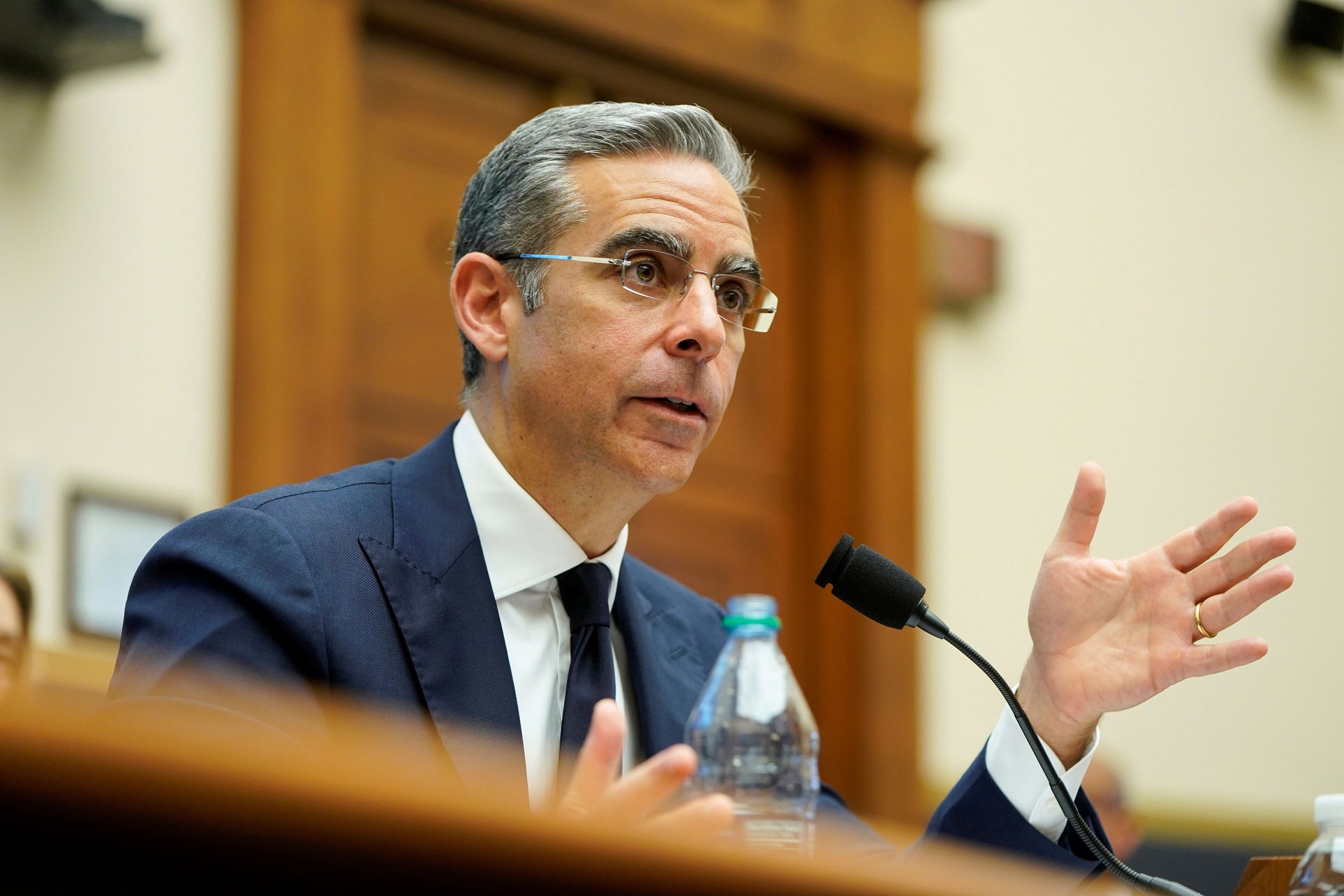Why PayPal’s withdrawal from Facebook’s Libra project stings extra
The first domino has fallen. PayPal has withdrawn from the Libra Association, the 28-member group Facebook put together this summer to pursue a global cryptocurrency project.


The first domino has fallen. PayPal has withdrawn from the Libra Association, the 28-member group Facebook put together this summer to pursue a global cryptocurrency project.
“PayPal has made the decision to forgo further participation in the Libra Association at this time and to continue to focus on advancing our existing mission and business priorities as we strive to democratize access to financial services for underserved populations,” the company told Bloomberg today (Oct. 4). “We remain supportive of Libra’s aspirations and look forward to continued dialogue on ways to work together in the future.”
What a sympathetic letdown. It’s not you, it’s me—and let’s stay friends.
But if there was one member the Libra Association couldn’t afford to lose, it was PayPal, a pioneer of online payments. Symbolically, it hurts more than losing anybody else.
David Marcus, head of Calibra (Facebook’s crypto wallet), was previously president of PayPal. Despite his close ties to the company, PayPal is gone.
Other Libra members—who signed non-binding letters of intent to join the association—could soon follow PayPal out the door. Just days ago, the Wall Street Journal reported that Visa and Mastercard were rethinking their commitments as well. A weekend exodus would be wholly unsurprising.
As US and European policymakers scrutinize Libra, companies want to avoid the crosshairs of regulation. In July, US Treasury secretary Steven Mnuchin said the Trump administration is “not comfortable” with Facebook’s crypto plans, and last month, France and Germany agreed to block Libra.
Crypto-native companies, like Coinbase (a crypto exchange where Marcus was once on the board) and Xapo (a bitcoin wallet company) seem likely to stay on with the Libra Association, but more traditional partners could see PayPal’s departure as license to jump ship.
Just hours before PayPal’s goodbye note, Apple CEO Tim Cook denounced Libra in an interview with LesEchos (link in French), a French news publication.
“I really think that a currency should stay in the hands of countries. I’m not comfortable with the idea of a private group setting up a competing currency,” said Cook according to The Verge’s translation. “A private company shouldn’t be looking to gain power this way.”
It’s starting to look like Facebook-Libra might not have that power after all.